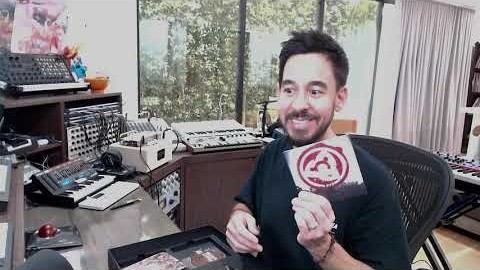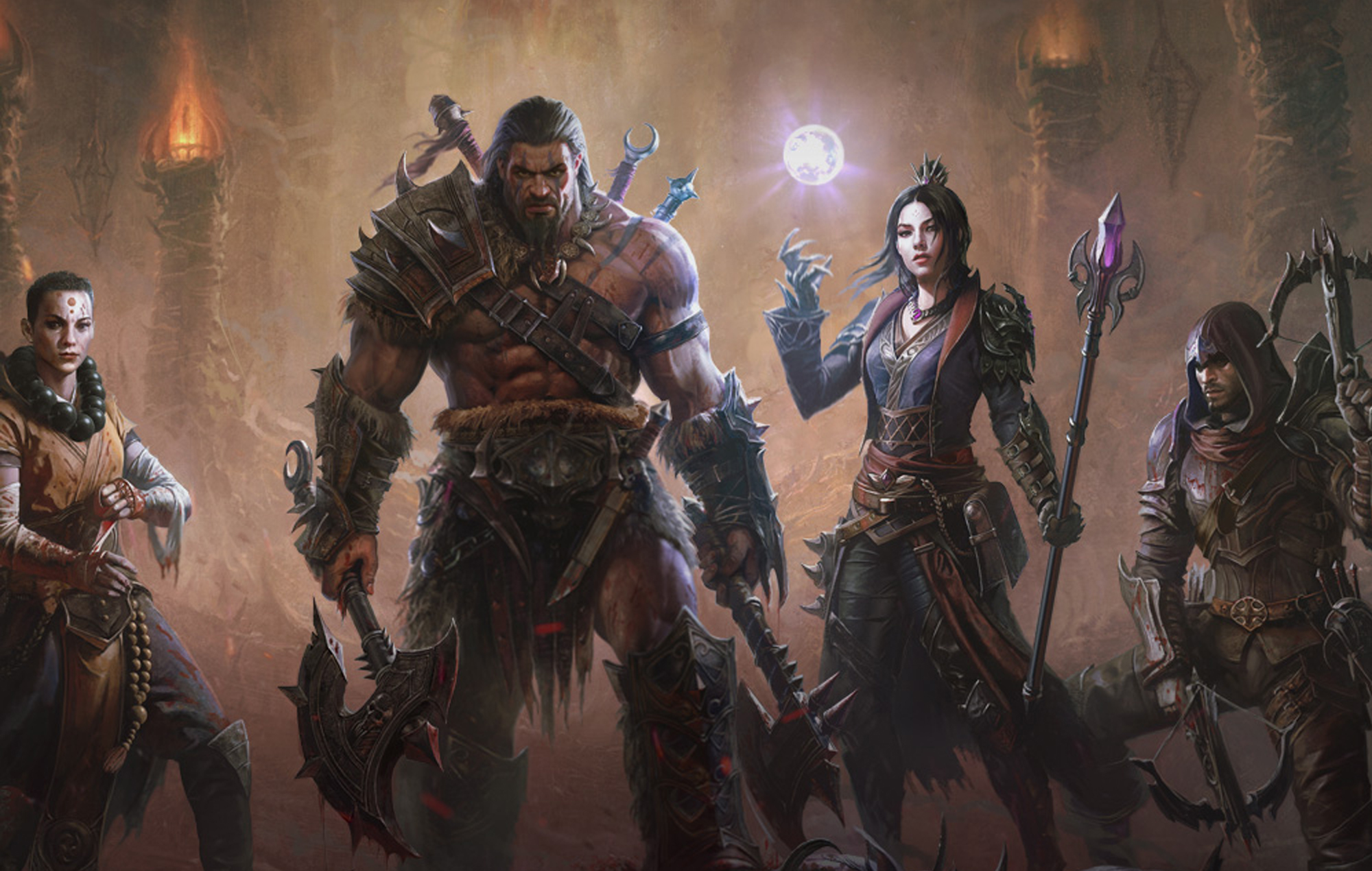
It felt like a big moment, so Ellis Walker opened his notebook and jotted down the time on one of its pages. Almost three years after they had started recording it, Mellt had finally finished their second album. A few minutes later, shut away from the cold of a January night that had turned into morning as they worked, they un-finished it. Walker scratched out the time. Once, twice, again and again.
“The last acoustic guitar was put on at 6am,” the bassist-vocalist says with a laugh while sitting alongside his bandmates on lived-in brown leather sofas at Clwb Ifor Bach in Cardiff, their voices echoing through the iconic venue’s empty hallways on a midweek afternoon.
Listening to the finished LP, though, the overriding impression isn’t one of fussiness, rather a desire to keep chipping away at something until it feels right. In 11 songs, ‘Dim Dwywaith’ (‘Not Twice’) which is set for release in October through Clwb’s in-house label, reflects five years of refinement in the wake of the trio’s knotty, punk-leaning debut, 2018’s Welsh Music Prize-nominated ‘Mae’n Hawdd Pan Ti’n Ifanc’ (‘It’s Easy When You’re Young’).
‘Dim Dwywaith’ is a fabulous record, drawing together college-rock stylings with crisp hooks and ringing guitar leads, suggesting the idea of Big Star’s Alex Chilton and Chris Bell sitting in with Archers of Loaf. “We listened to the new album and put our first album on straight after,” recalls guitarist-vocalist Glyn Rhys-James. “We were like, ‘Fuck, we’ve come a long way.’”
Mellt’s story, above everything else, is about friendship. When Walker was about to turn 10, the primary school in his “tiny, tiny” village closed. Soon afterwards he walked into an unfamiliar classroom in Aberystwyth, a stately, old school seaside resort on the west coast of Wales, and met Rhys-James.
The pair became interested in music early on, scarfing down Johnny Marr’s winding Smiths guitar hooks alongside barked imperatives from the Clash and the Replacements, and by 16 they were arranging in-store gigs at the town’s venerable record shop, Andy’s, to celebrate the release of their first EP, 2014’s ‘Cysgod Cyfarwydd’.
Jacob Hodges was always the third voice in their conversations, but only joined the band when they needed a new drummer and, opting against finding one, decided to teach him how to play. In 2016 they moved east to Cardiff, quickly finding themselves in the orbit of a vibrant Welsh language scene that would come to include bands such as Adwaith and Papur Wal, who conveniently shared their oddball pop sensibility and sense of amiable cool.

On ‘Dim Dwywaith’, Mellt use this intertwined history as both an anchor and launchpad. They have hit upon a rich seam of creative tension by pitting the certainty of their melodies against lyrics that luxuriate in the same post-adolescent search for purpose that has powered generations of power-pop bands. “It’s a natural thing,” Hodges observes. “We’ve grown up together, we’ve been friends for so long.”
He continues: “Other people of similar age and experiences could find it relatable. You’ve got that teenage transitional period of growing up and then, the second album, it’s mid-20s disillusionment, and it’s something that we’re experiencing together.”
Work on ‘Dim Dwywaith’ began in March 2020, with drums being tracked at a studio in the Fairwater area of Cardiff alongside longtime producer Mei Gwynedd. There are no prizes for filling in the blanks on what happened next. As the Covid pandemic settled over the city, Mellt’s members decided that they’d keep going, turning their house-share into a makeshift studio.
“I’d studied sound engineering, and our housemate was doing a master’s in it,” Rhys-James says. “We felt like we had the knowhow to crack on with it. There were leads going up to the attic and back down, all these mad little setups.”

A decent amount of the record’s guitars and bass were captured in those first months of lockdown, with a sense of malaise and procrastination only overtaking them as thoughts turned to writing lyrics. They wrestled with changing circumstances and evolving outlooks while also remaining committed to a core belief by foregrounding a plain-spoken style of Welsh that doubles as an invitation.
“If I don’t know a word, I won’t sing it,” Rhys-James says. “If I understand it, I feel like a learner could understand it. We’ve had a lot of people come up to us and say that listening to our music has made them want to learn Welsh, or that they’ve used our music to learn the language. That’s such a cool thing.”
With interest from Clwb and the promise of a dream-come-true vinyl run pushing them towards the finish line, late in 2022 they returned to Aberystwyth and the shed at Rhys-James’ parents’ house that hosted some of their first rehearsals. Over Christmas and into the new year they broke the back of it.
There is something almost metatextual about the way Mellt ground out the words that sit atop these jangling, fat-free pop songs. While making this album, they were striving to improve in a technical sense while also attempting to convey their desire to become more well-rounded people. “By trying to do better, you are already making something better,” Hodges suggests.
“I remember during writing and recording getting really into Paul Simon,” Walker says. “You listen to one of his songs and there’s such impeccable musicality and writing that you’re like, ‘I’ll never get there, but I’ll try.’ It’s that impossible feeling of reaching for something better than you are.”
Mellt’s new album ‘Dim Dwywaith’ will be released on October 27 via Club Music
The post Mellt channel Welsh language music’s amiable cool on ‘Dim Dwywaith’ appeared first on NME.





